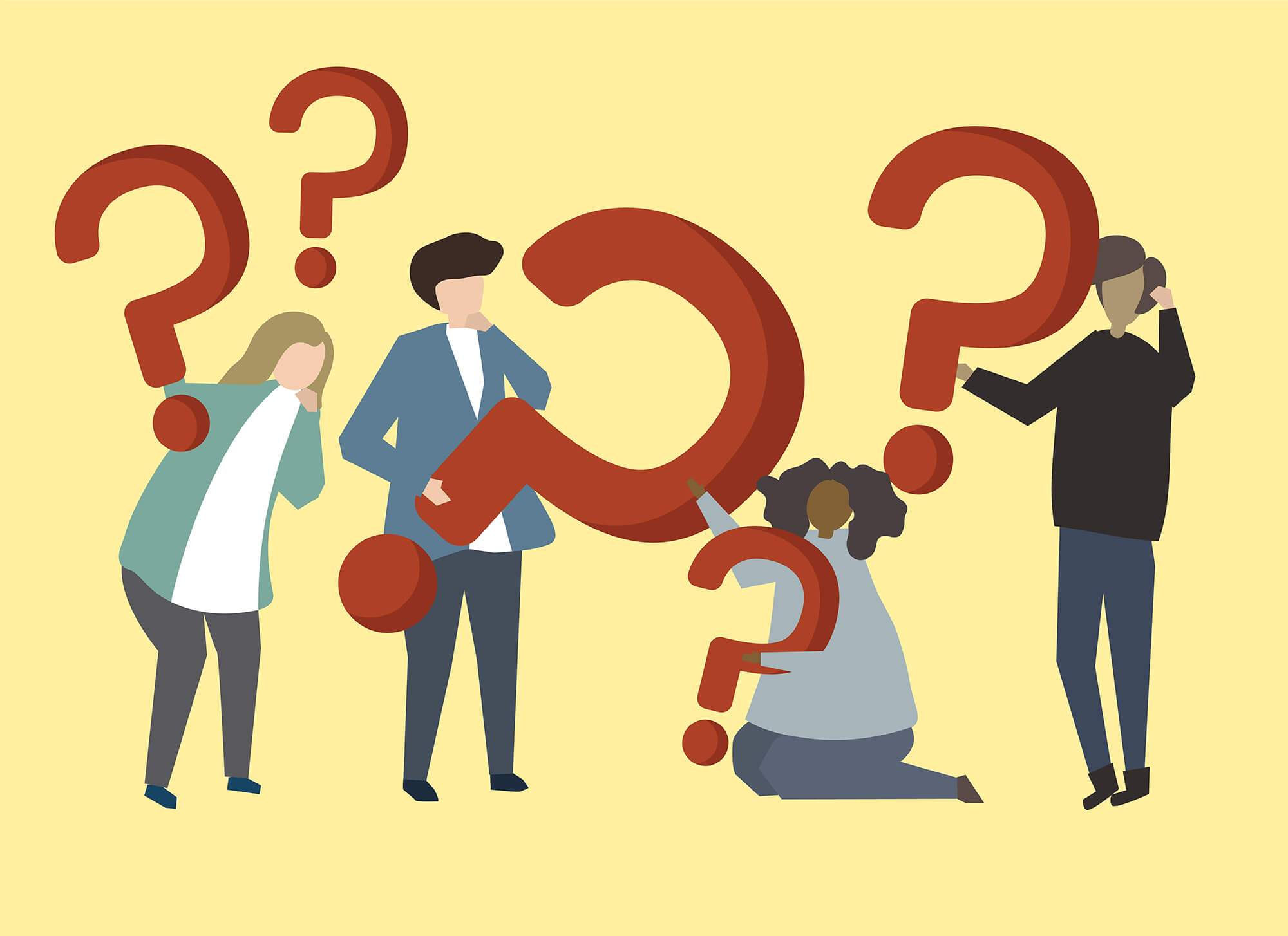Travel & Sleep: How to Maximize Your Rest

While it's great to get away and decompress, traveling can wreak havoc on your sleep.
Maintaining a healthy sleep schedule while traveling can be difficult, especially if you are in different time zones. Traveling commonly disrupts your regular routine and presents other challenges when it comes to getting a decent night’s rest.
Sleeping while traveling is often not as easy as just closing your eyes and slowly drifting off. It’s often uncomfortable, crowded, and noisy, especially when traveling by bus, plane, or train.
Read on for tips and tricks to maximize your efforts to sleep well while traveling.
Sit by the Window
Sitting by a window on a plane gives you more control over lighting, because you can close the shade. If traveling by bus, you have less control over the lighting, but a window seat can still be beneficial. It can provide a place to rest your head, which is helpful if you don’t have a travel pillow.
Pack Sleep Accessories
Sleep accessories can range from essentials to simple comforts from home. Try to keep the necessary items in a backpack or bag with you, so you don't have to reach into the overhead compartments.
Here are some items that can be helpful to bring:
- Earplugs: Earplugs can help block out noise when traveling, which makes it easier to relax and fall asleep. Consider our Flex-Fit Earplugs for sleeping.
- Mask for your eyes: Daylight and overhead lights can be bothersome when you are trying to sleep while traveling. An eye mask will block out the light.
- Travel pillow: Since you will likely have to sleep sitting upright, a travel pillow can help provide additional comfort. These pillows are designed to support the head and neck in a seated position.
Turn Off Electronics
While it’s tempting to pass time browsing on your phone or computer, if you're traveling at night and plan to sleep, it's best to turn off electronics. These devices emit blue light, which is beneficial during the day because it helps boost reaction times and attention to detail. However, blue light exposure in the evening can confuse your circadian rhythms, which is terrible for your sleep quality.


